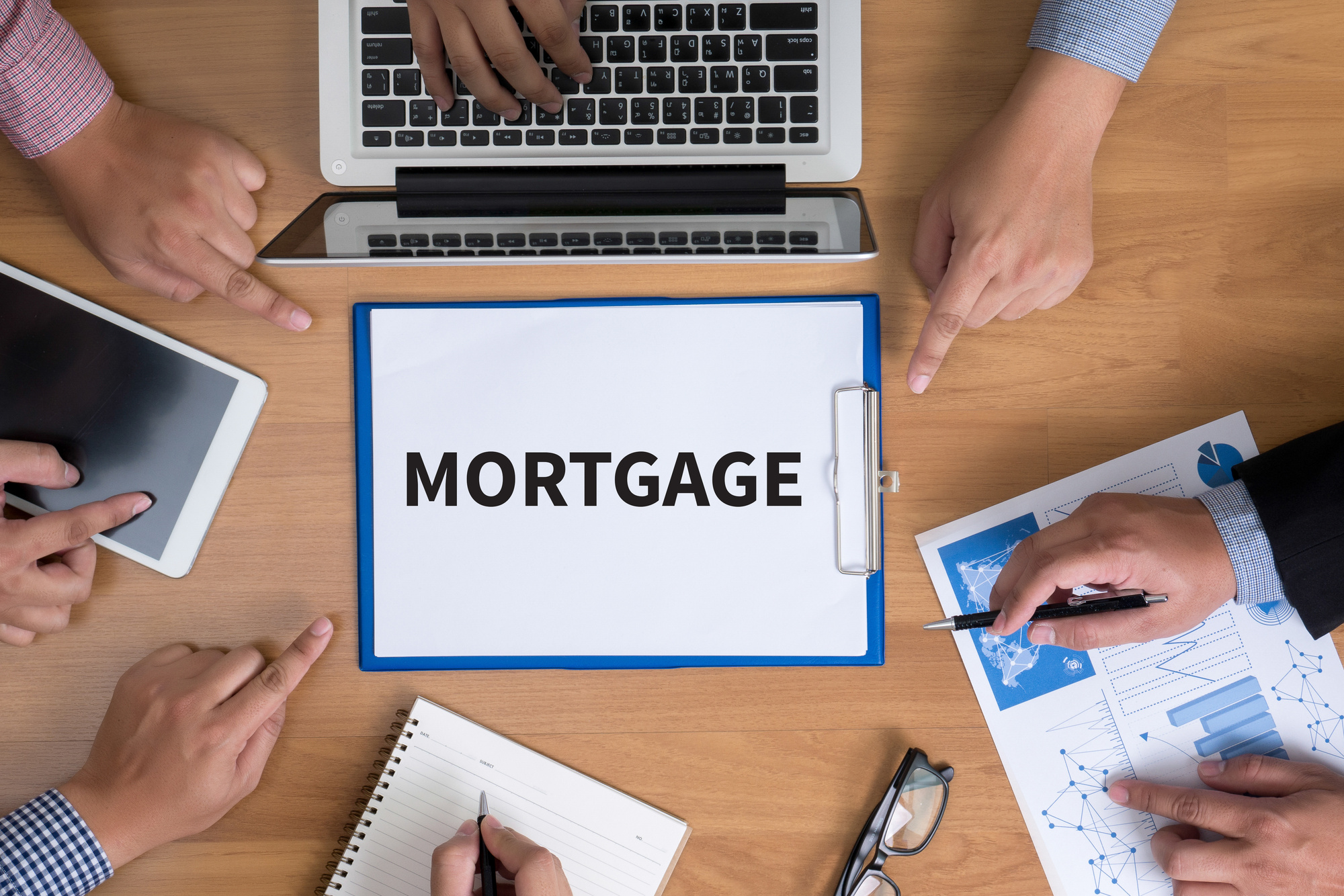Mortgage brokers are a crucial cog in the home buying process. They help prospective home buyers secure home loans that suit their budget.
Sounds an easy job, right? Well, not exactly.
First, the 2008 market crash adversely affected the real estate industry. As a result, banks and other mortgage providers tightened loan eligibility requirements, effectively shutting out millions of potential buyers. In fact, homeownership today is at 63.4 percent, down from 69 percent in 2004!
As a mortgage broker, this means you have to burn more fuel to get customers and stay in business.
One of the best ways to stay ahead of the competition? Build a secure site for your brokerage firm.
Here’s how to do it.
Choose a Reputable Web Host
The process of building a secure brokerage site begins with your web host.
You see, web hosts come in all shapes and sizes, some powerful and more complex than others. It’s understandable that the temptation to settle for a cheap web host can be so strong, but you’ll be doing your site – and its users – a great disservice.
You get what you pay for. Cheap web hosts don’t invest in highly secure servers, so your site will be very vulnerable to attacks.
On the other hand, the best web hosts offer features such as RAID, secure file transfer protocol, and backups. These features are pricey, but they guarantee you a secure site and 100 percent uptime.
Do your research before choosing a hosting service provider. Read online reviews and ask for recommendations from other site owners.
Secure It with HTTPS
Your brokerage site is an important sales tool.
After users land on it, you’ll expect them to either contact you, use a mortgage calculator or apply for a mortgage. Users can’t trust you with such confidential information if you don’t have a secure site. Consequently, you’ll keep losing potential customers to your competitors.
Protecting your site with HTTPS not only tightens your site security, but also shows users you care about their privacy.
What’s more, Google Chrome, the world’s most popular browser, displays a “Not Secure” warning on sites that don’t use HTTPS. But if a site uses HTTPS, it will display “Secure.”
Just look at the New Florida Mortgage website, for instance. At the top left corner of your Chrome browser, you can see the word “Secure.” This gives users the confidence to proceed and engage with the website freely.
Use a Secure Content Management System
It’s inevitable that you’ll want to add content to your brokerage site. After all, sites with compelling, high-quality content receive 7.8 times more traffic and easily establish themselves as industry leaders.
This means you will need to add a blog to your site, and with that comes the need to use a content management system (CMS).
Unfortunately, insecure CMSs account for the vast majority of cyber attacks.
To prevent making your site an easy target, use a secure CMS. WordPress, Joomla, and Drupal are the most common CMSs.
Even though Drupal is considered the most secure CMS, WordPress is by far the most popular, powering over 20 percent of websites.
Regardless of the one you choose among the three, be sure to stay on top of updates. New vulnerabilities are discovered regularly, and the developers issue updates to patch them.
Vet Plugins Before Installing
Like smartphone apps, there are website plugins for almost anything.
Want to schedule content? There is Content Scheduler. Want to build an email list? There is Easy Sign Up. Want to implement a slide-in or pop up? Sleeknote has your back.
The bad news, though, is plugins open a new world of vulnerabilities for websites owners and administrators.
To maintain a secure site, you must ensure all the plugins you install on your site won’t pose a threat. In addition to this, update the plugin as soon as new versions hit the web, and uninstall plugins your no longer use.
Enforce a Strong Password Policy
8 percent of websites are hacked because of weak passwords.
This may look a small number, but your website can still make the cut if you’re using weak passwords. It’s funny, really, that some website owners use “admin” as username and “123456” as the password!
A secure site should have strong, complex passwords. It might be a pain to type a 25-character password with a mix of uppercase and lowercase letters, numbers and symbols, but you won’t have to worry about being part of the 8 percent.
If you have multiple employees who have accounts on the site, ensure they’re using a strong password. It’s easy to think that a low-ranking employee with minimum privilege on the site doesn’t need a strong password, but a hacker can use their account to gain access to critical parts and take over the site.
Besides having strong passwords, make it a habit to change the passwords regularly.
Backup Your Site Regularly
Yes, we said you should opt for a web host that provides backup services, but putting all your eggs in one basket is a risky business.
Backup your site to other databases. This will come in handy in the event that your web host’s servers are compromised.
You can even do manual backups for your content.
Work with a Site Security Expert
To this point, we’ve been riding on the assumption that you’re the one in charge of your site security. As long as you follow the tips fleshed out above, you should be able to build a secure site.
However, you’re a broker. Selling home loans is what pays your bills.
As your brokerage grows, you will not have the time to keep tabs on your site. If you’re already there, it’s time to pass your website administration hat to a site security expert.
The expert will audit your site, find vulnerabilities you didn’t even know existed, and implement the necessary fixes. He or she will keep watch, ensuring your brokerage site is a safe home for your users.
Building a Secure Site: The Bottom Line
Having a brokerage site is a must to succeed in the industry. However, your efforts will go to waste if you don’t take measures to secure the site.
The bad guys are hard at work, and they have even deployed bots that automatically scan the web and take down insecure sites. Fortunately, you now know what to do to prevent this from happening.
Looking for more website management tips? Our blog has it all!




